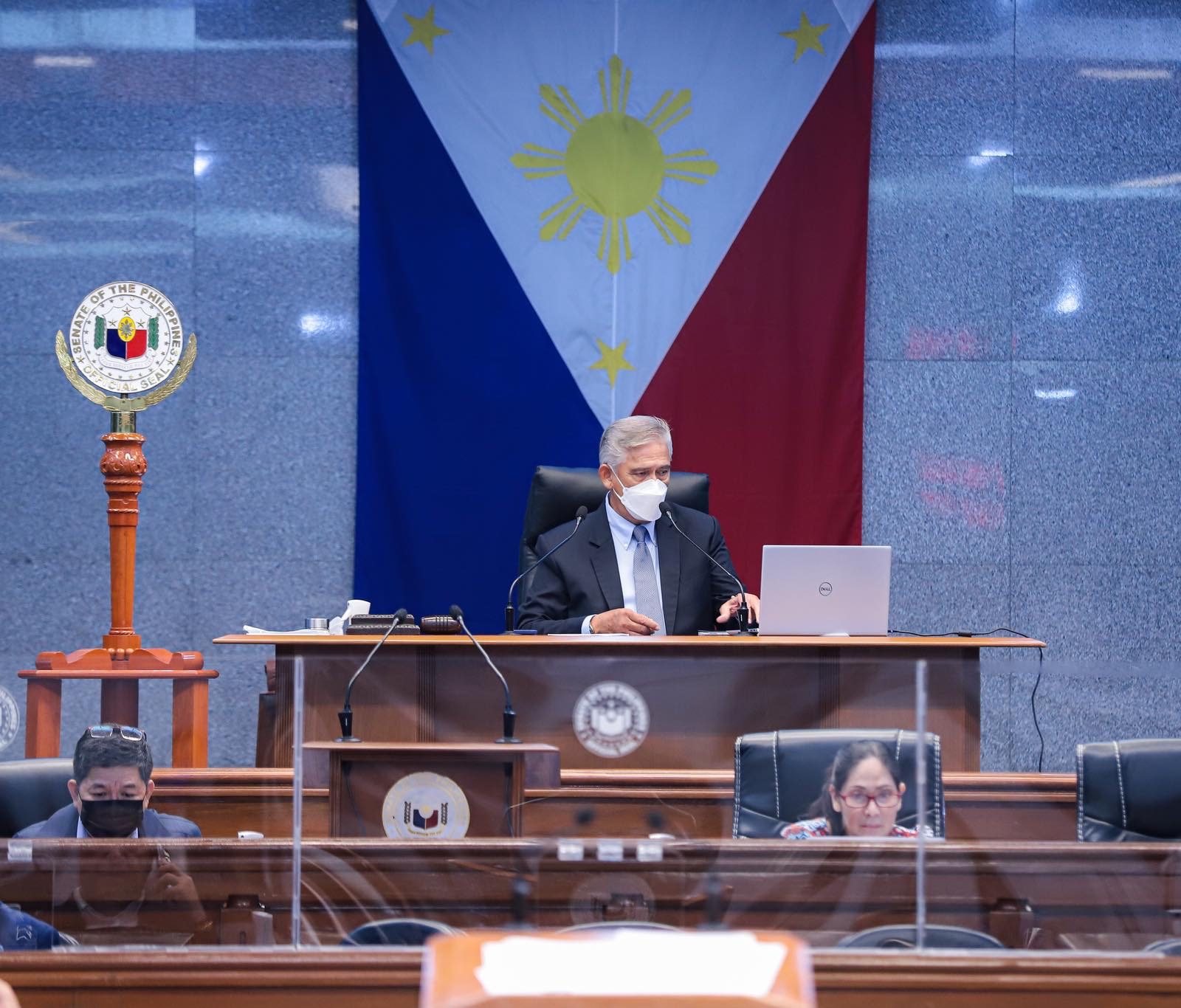SUMMARY
This is AI generated summarization, which may have errors. For context, always refer to the full article.

MANILA, Philippines – The Senate has approved a resolution concurring in the Philippines’ accession to the 1961 United Nations treaty aiming to promote and protect the right to nationality.
Voting 21-0-0, the Philippine Senate approved on third and final reading Proposed Senate Resolution No. 964, which concurs to the country’s accession to the 1961 Convention on the Reduction of Statelessness.
Among the senators who voted yes was Senator Grace Poe, a foundling who had fought for her right as a natural-born Filipino when her citizenship was questioned during her failed presidential bid in 2016. Poe later won the landmark case at the Supreme Court, which ruled that she can run for president since she is a natural-born Filipino.
The 1961 Convention requires states to set up safeguards in their nationality laws to prevent individuals from becoming stateless at birth and later in life.
The Senate approval of the statelessness reduction treaty is seen as the Philippines’ further demonstration of its commitment to its international human rights obligations in affirming the rights of all individuals to a nationality.
Among the Philippines’ declarations in support of the 1961 Convention are the following:
- Maintains grounds for acquisition, loss, and reacquisition of Philippine citizenship as provided under the 1987 Constitution and relevant domestic laws
- Declares that a foundling found in the Philippines, in absence of evidence to the contrary, is presumed born to a Filipino parent and is therefore a Filipino citizen
- Retains grounds for losing Philippine citizenship as provided under Commonwealth Act No. 63
- To apply the grounds for recognizing a foundling as a Filipino citizen retroactively after the entry into force of the 1961 Convention if it would be “more beneficial and conducive” to the foundling’s well-being
The Senate resolution also states that the Department of Social Welfare and Development and other relevant agencies must move to register all the births of children born under disadvantageous situations, to avoid becoming stateless.
The Department of Foreign Affairs and the Department of Labor and Employment should also assist undocumented Filipinos and overseas Filipino workers to prevent any risk of them becoming stateless. This would also apply to their children born outside the Philippines.
The Philippine president may only withdraw from the treaty upon concurrence of the Senate.
President Rodrigo Duterte had ratified the 1961 Convention in August 2021 and later submitted it to the Senate for its concurrence.
Duterte, however, has gained notoriety worldwide for human rights abuses in his bloody drug war, now the subject of a crimes against humanity probe by the International Criminal Court. – Rappler.com
Add a comment
How does this make you feel?





There are no comments yet. Add your comment to start the conversation.